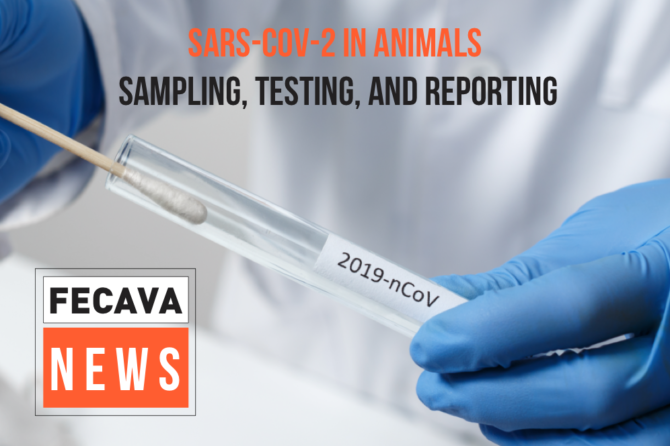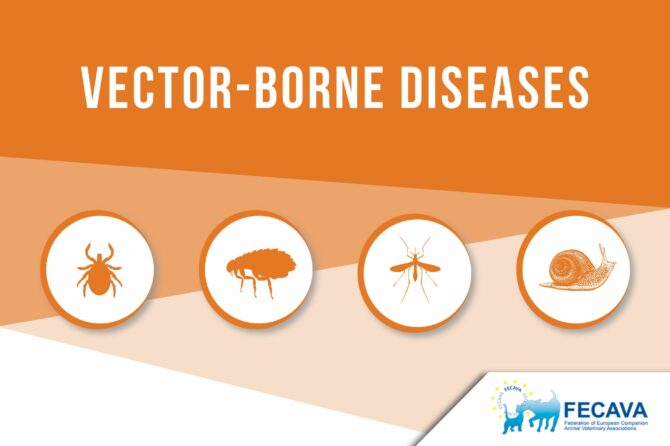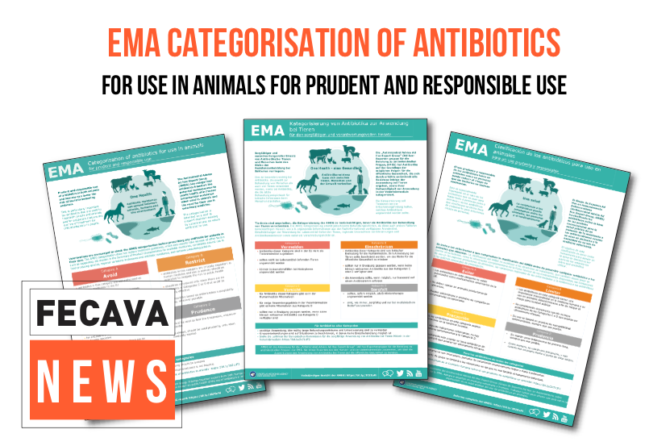
SARS-CoV-2 in Animals – Sampling, Testing, and Reporting
Based on the current scientific knowledge, the main route of transmission of SARS-CoV-2 is human to human. Even though the disease is currently not a notifiable disease in animals, globally small number of cases of naturally infections has occured in animal (domestic cats, lions, tigers and minks). The infection of animals with SARS-CoV-2 meets the
Read more



